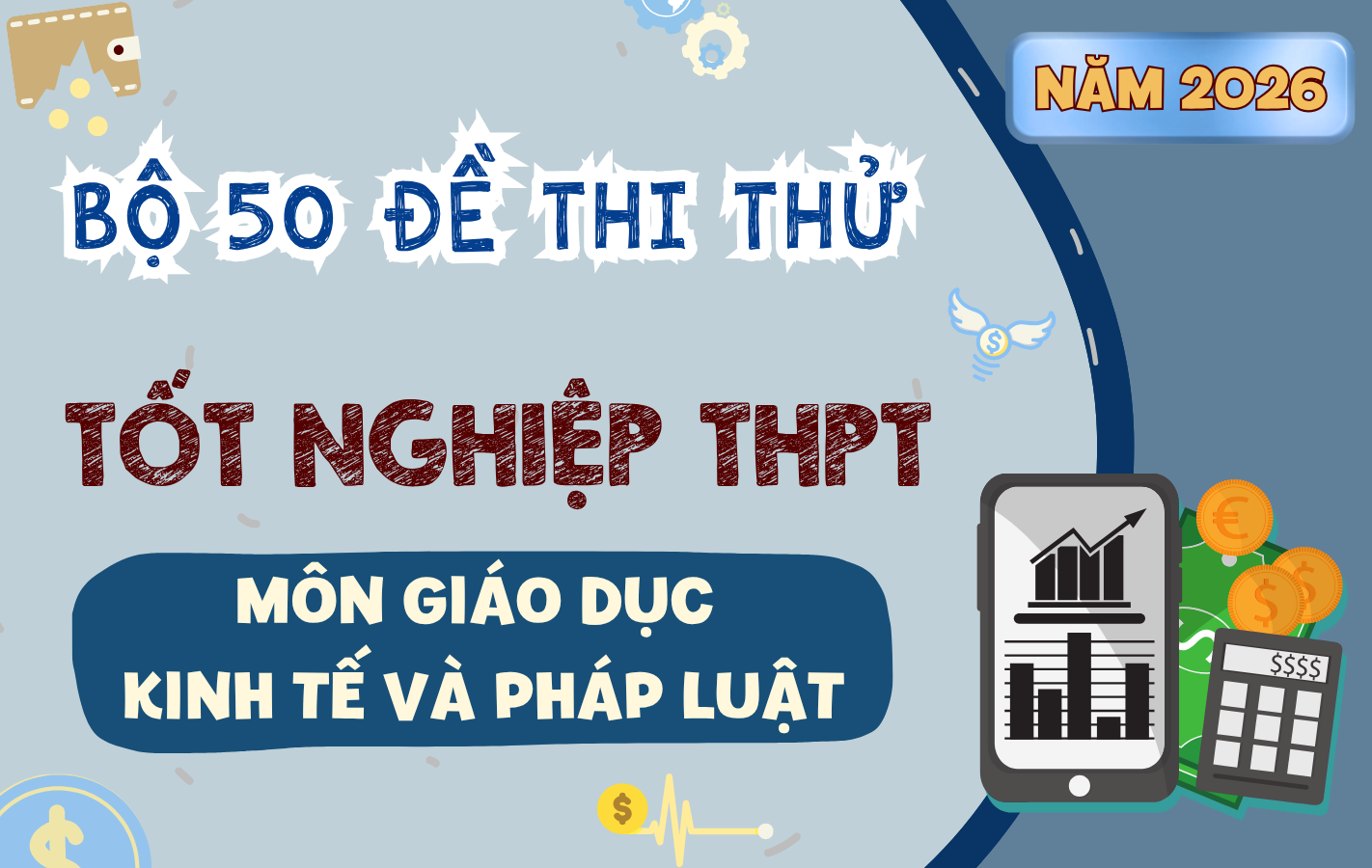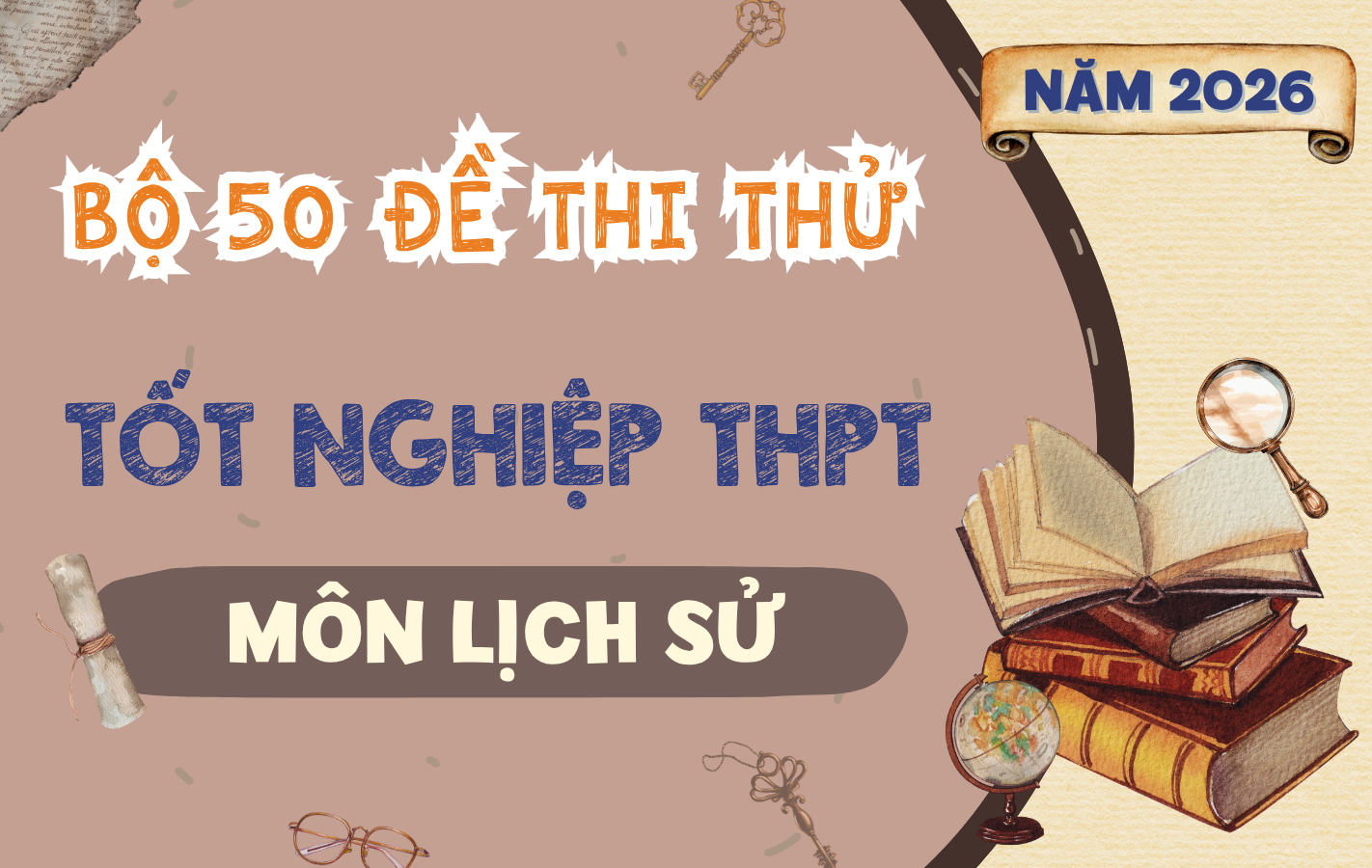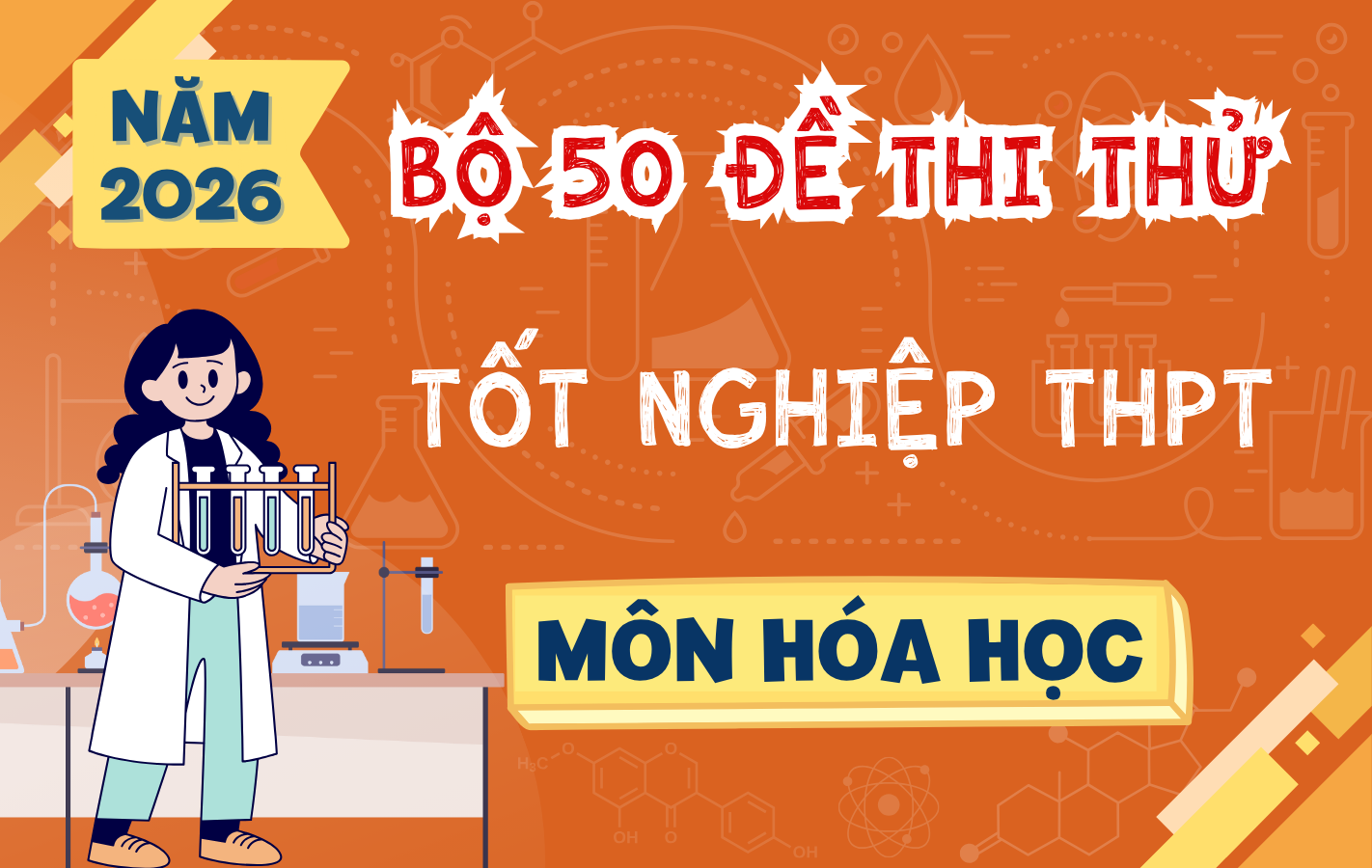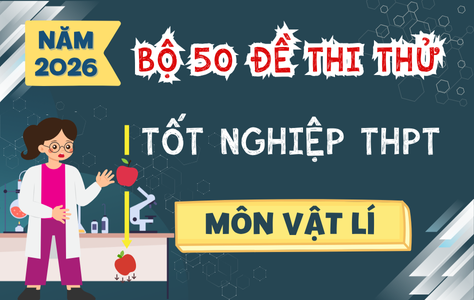Câu hỏi:
Read the following passage about lifelong learning and mark the letter A, B, C, or D on your answer sheet to indicate the best answer to each of the following questions from 31 to 40.
[I] Lifelong learning is the ongoing, voluntary, and self-motivated pursuit of knowledge for personal or professional development (Knowles, 2020). [II] This concept emphasizes that learning does not stop after formal education, but rather continues throughout an individual's life, adapting to changing circumstances and needs. [III] In today’s fast-paced world, where technology and job markets evolve rapidly, lifelong learning has become increasingly essential. [IV]
One of the primary benefits of lifelong learning is its ability to enhance employability. Individuals who engage in continuous education are more likely to keep their skills relevant and competitive in the job market. According to a report by the World Economic Forum (2021), over 50% of employees will need reskilling due to technological advancements in the coming years. Lifelong learners are better equipped to adapt to these changes, making them more attractive candidates for employers.
Moreover, lifelong learning contributes to personal fulfillment and mental well-being. Engaging in new learning experiences can stimulate the brain, foster creativity, and improve cognitive function. Research indicates that individuals who pursue learning opportunities throughout their lives tend to report higher levels of happiness and life satisfaction (Smith & Johnson, 2019). Whether it is taking a course, learning a new language, or picking up a new hobby, the process of acquiring knowledge can be enriching and enjoyable.
In addition, lifelong learning promotes social engagement and community involvement. Participating in educational programs or community workshops can foster connections with others who share similar interests. This social aspect of learning can enhance one's sense of belonging and support networks, which are crucial for mental health (Jones, 2022).
Overall, lifelong learning is not just an individual responsibility; it requires support from educational institutions, employers, and communities to create an environment conducive to continuous education. By fostering a culture of learning, society can better prepare individuals for the challenges of the future and ensure that everyone has the opportunity to thrive.
(Adapted from The Importance of Lifelong Learning by Knowles, Smith, Johnson, and others)
Which of the following best summarizes the passage?
Lifelong education mainly focuses on vocational training and skill enhancement to meet the current job market demands.
Lifelong education should only take place in formal educational settings and has little impact once formal schooling is completed.
Lifelong learning is necessary only for enhancing work capabilities and developing professional skills in certain industries.
Lifelong learning provides personal and professional benefits, with support from institutions essential for success.
Đáp án đúng: D
Đáp án đúng là D
Giải thích:
A. Lifelong education mainly focuses on vocational training and skill enhancement to meet the current job market demands.: Giáo dục suốt đời chủ yếu tập trung vào đào tạo nghề và nâng cao kỹ năng để đáp ứng nhu cầu thị trường lao động hiện tại.
=> Sai vì:
Đoạn văn không chỉ tập trung vào việc đào tạo nghề hay nâng cao kỹ năng để đáp ứng nhu cầu hiện tại của thị trường lao động. Mặc dù việc học suốt đời giúp tăng cường khả năng cạnh tranh và cải thiện kỹ năng, đoạn văn còn đề cập đến lợi ích khác như sự thỏa mãn cá nhân, cải thiện sức khỏe tinh thần và các mối quan hệ xã hội.
“Moreover, lifelong learning contributes to personal fulfillment and mental well-being.”
Vì vậy, đáp án A quá hạn chế và không bao quát tất cả các lợi ích của học tập suốt đời, do đó là sai.
B. Lifelong education should only take place in formal educational settings and has little impact once formal schooling is completed.: Giáo dục suốt đời chỉ nên diễn ra trong các cơ sở giáo dục chính thức và ít có tác động sau khi hoàn tất học tập chính thức.
=> Sai vì:
Đoạn văn khẳng định rằng học tập suốt đời không dừng lại sau giáo dục chính thức mà tiếp tục suốt cuộc đời, trong mọi hoàn cảnh và nhu cầu thay đổi. Nó cũng không chỉ diễn ra trong các môi trường giáo dục chính thức.
“This concept emphasizes that learning does not stop after formal education, but rather continues throughout an individual's life, adapting to changing circumstances and needs.”
Vì vậy, đáp án B sai khi cho rằng giáo dục suốt đời chỉ nên diễn ra trong các cơ sở giáo dục chính thức và không có ảnh hưởng sau khi học xong.
C. Lifelong learning is necessary only for enhancing work capabilities and developing professional skills in certain industries.: Học tập suốt đời chỉ cần thiết cho việc nâng cao khả năng làm việc và phát triển kỹ năng nghề nghiệp trong một số ngành nghề.
=> Sai vì:
Mặc dù đoạn văn nói rằng học tập suốt đời có lợi cho khả năng nghề nghiệp và phát triển kỹ năng chuyên môn, nhưng nó còn cung cấp các lợi ích khác như sự thỏa mãn cá nhân, sáng tạo, và sức khỏe tinh thần. Học tập suốt đời không chỉ giới hạn trong việc nâng cao khả năng làm việc hay kỹ năng nghề nghiệp.
“Moreover, lifelong learning contributes to personal fulfillment and mental well-being.”
Vì vậy, đáp án C là sai vì nó quá hẹp và không phản ánh đầy đủ các lợi ích của học tập suốt đời.
D. Lifelong learning provides personal and professional benefits, with support from institutions essential for success.: Học tập suốt đời mang lại lợi ích cá nhân và nghề nghiệp, với sự hỗ trợ từ các tổ chức là yếu tố thiết yếu để thành công.
=> Đúng vì :nó phản ánh đầy đủ cả lợi ích cá nhân và nghề nghiệp của học tập suốt đời, đồng thời nhấn mạnh sự cần thiết của sự hỗ trợ từ các tổ chức.
personal and professional benefits: “Lifelong learning contributes to personal fulfillment and mental well-being. Engaging in new learning experiences can stimulate the brain, foster creativity, and improve cognitive function.”
“Research indicates that individuals who pursue learning opportunities throughout their lives tend to report higher levels of happiness and life satisfaction (Smith & Johnson, 2019).”
support from institutions: “Overall, lifelong learning is not just an individual responsibility; it requires support from educational institutions, employers, and communities to create an environment conducive to continuous education.”
Câu hỏi này thuộc đề thi trắc nghiệm dưới đây, bấm vào Bắt đầu thi để làm toàn bài
Bộ đề thi giúp học sinh lớp 12 làm quen với cấu trúc và nội dung đề thi tốt nghiệp THPT môn Tiếng Anh năm 2025. Đề thi được xây dựng theo định hướng của Bộ GD ĐT, bao gồm các phần Ngữ âm, Từ vựng - Ngữ pháp, Chức năng giao tiếp, Kỹ năng đọc hiểu, Kỹ năng viết và Phát âm - Trọng âm. Hệ thống câu hỏi đa dạng, bám sát chương trình học, giúp học sinh rèn luyện kỹ năng làm bài và nâng cao tư duy ngôn ngữ. Đáp án chi tiết đi kèm hỗ trợ học sinh tự ôn tập, đánh giá năng lực và chuẩn bị tốt nhất cho kỳ thi quan trọng.
Câu hỏi liên quan

Bộ 50 Đề Thi Thử Tốt Nghiệp THPT Giáo Dục Kinh Tế Và Pháp Luật Năm 2026 – Theo Cấu Trúc Đề Minh Họa Bộ GD&ĐT

Bộ 50 Đề Thi Thử Tốt Nghiệp THPT Lịch Sử Học Năm 2026 – Theo Cấu Trúc Đề Minh Họa Bộ GD&ĐT

Bộ 50 Đề Thi Thử Tốt Nghiệp THPT Công Nghệ Năm 2026 – Theo Cấu Trúc Đề Minh Họa Bộ GD&ĐT

Bộ 50 Đề Thi Thử Tốt Nghiệp THPT Môn Hóa Học Năm 2026 – Theo Cấu Trúc Đề Minh Họa Bộ GD&ĐT

Bộ 50 Đề Thi Thử Tốt Nghiệp THPT Môn Sinh Học Năm 2026 – Theo Cấu Trúc Đề Minh Họa Bộ GD&ĐT
